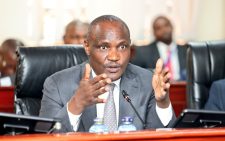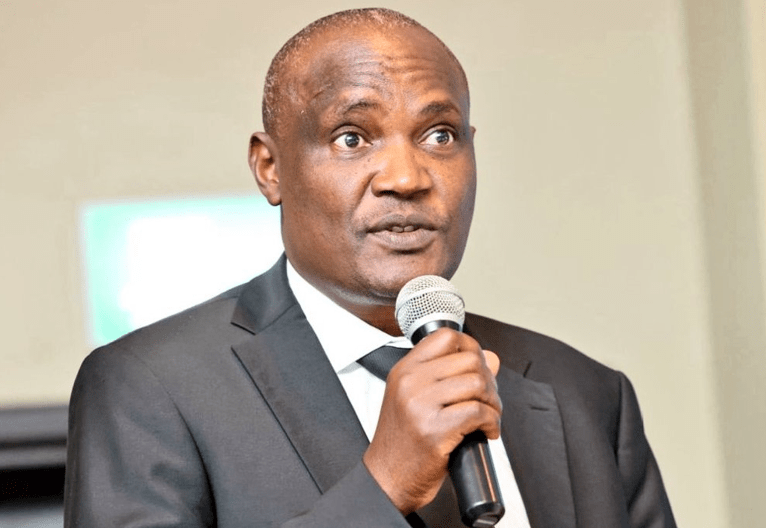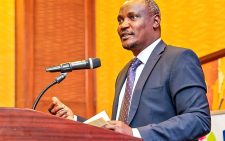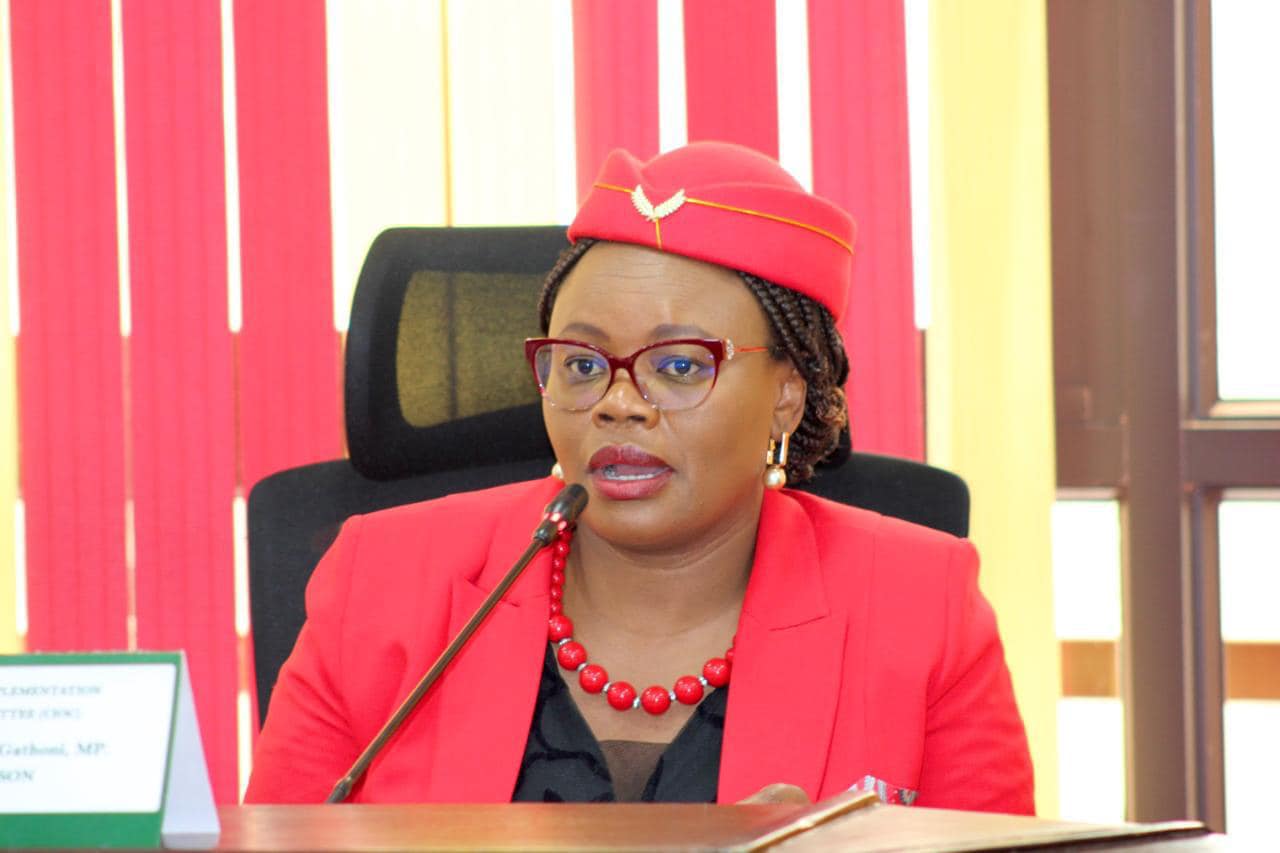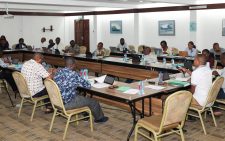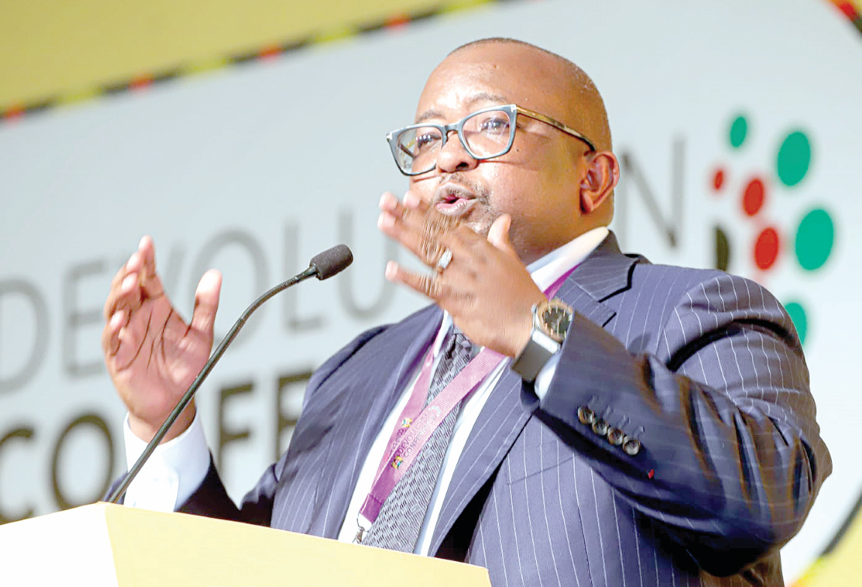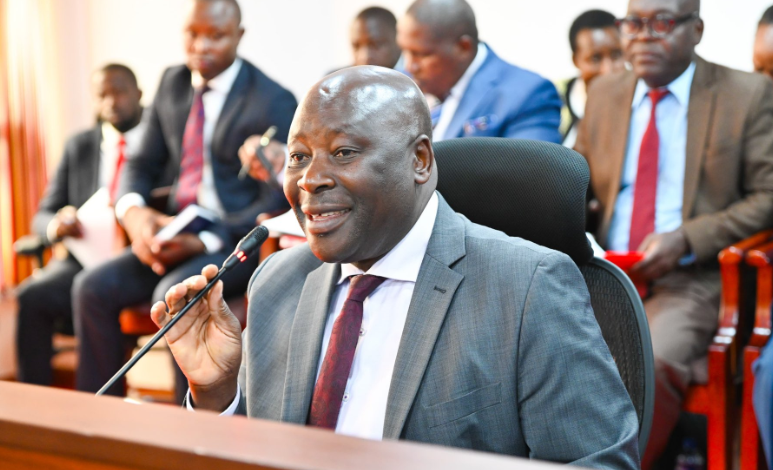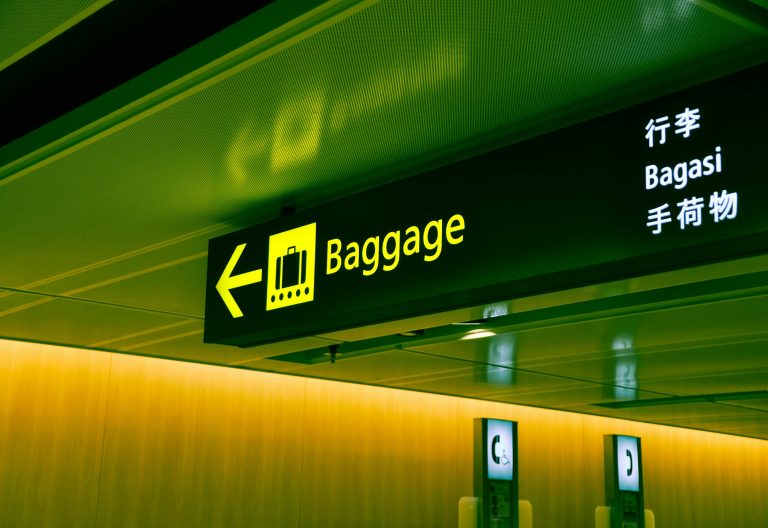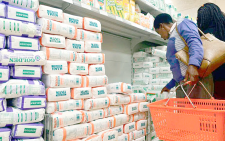Cap interest rates for contractors, hasten payments- Mbadi
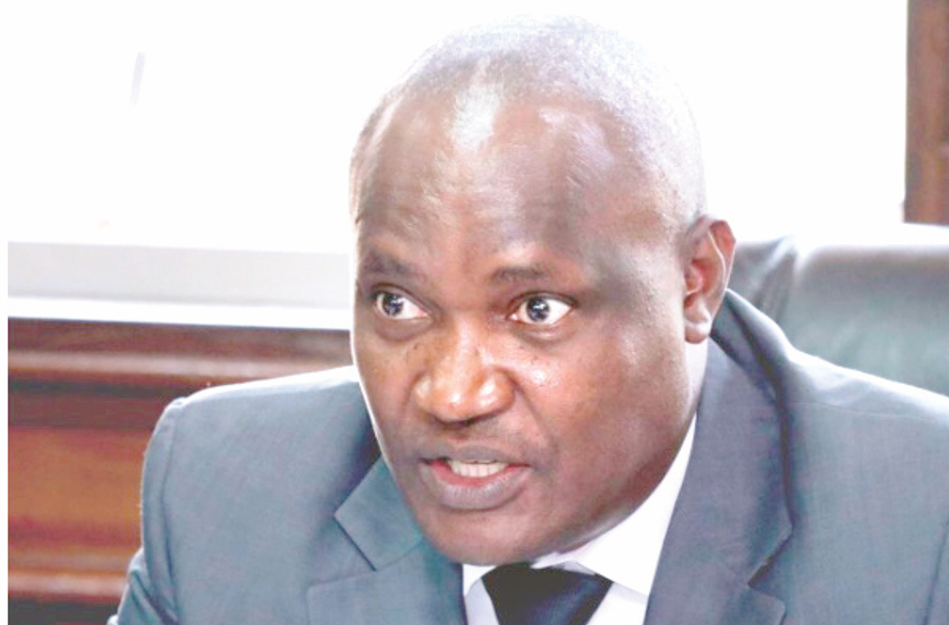
National Treasury Cabinet Secretary John Mbadi says debts owed to contractors have accrued significant interest, further inflating the total liability. Pending bills in the sector have reached Sh150 billion, largely driven by interest fees from delayed payments. To curb excessive claims, the government is negotiating to cap interest charges by contractors.
“Some contractors were demanding 30 per cent interest, while the government was offering 50 per cent. They’ve now settled at around 35 percent. Once finalized, we will begin paying a uniform amount to contractors owed up to Sh50 million,” Mbadi stated.
Stalled projects
The government is prioritizing contractor payments to revive stalled projects, particularly in infrastructure. A phased payment plan has been introduced, with contractors receiving 40 percent upfront upon signing an agreement to resume work.
The remaining 60 percent will be disbursed within a month, contingent on project progress.
Currently, many Kenyans see little return on their taxes due to delayed payments affecting businesses and service delivery. The crisis extends to the private sector, with many businesses struggling to access credit due to unpaid government invoices. This has increased loan defaults, as highlighted by the Kenya Bankers Association (KBA) during a parliamentary finance committee session.
“The private sector is defaulting on loans because they haven’t received payments from the government for goods and services supplied. These businesses took loans from banks, contributing to rising non-performing loans,” said KBA CEO Raymond Molenje.
Stifling growth
The burden of pending bills, combined with high taxation and reduced purchasing power, continues to stifle economic growth. Meanwhile, the government is increasing domestic borrowing to fund its obligations amid shrinking external financing.
The Ministry of Roads and Transport had the highest outstanding payments, amounting to Sh180.90 billion. The debts include payments to contractors, suppliers, statutory deductions, and pension arrears for the Local Authorities Pension Trust.
According to the Controller of Budget, state corporations and ministries accounted for 78 percent of the Sh528.36 billion pending bills as of September 30 last year.
Even as CBK later reversed course, cutting the CBR by 225 basis points to 10.75 per cent between June 2024 and February 2025, banks remained hesitant to ease lending conditions. Average lending rates stood at 16.4 per cent in February 2025, reflecting caution among financial institutions amid rising loan defaults. In addition, the CBK reduced the Cash Reserve Ratio (CRR) by 100 basis points to 3.25 per cent in February 2025 to release more liquidity into the banking system, a measure expected to support future credit expansion.
The appreciation of the shilling in 2024 also played a crucial role in the credit contraction. Many businesses that had taken loans in foreign currencies saw the value of their credit obligations shrink in local currency terms, contributing to a decline in the total outstanding private sector credit. The stronger shilling, while beneficial in easing import costs and stabilizing inflation, inadvertently reduced the demand for foreign currency loans, especially among businesses reliant on external financing.
The slowdown in credit expansion has significant implications for Kenya’s economy, where the private sector, dominated by small and medium-sized enterprises (SMEs) drives growth and job creation. SMEs account for 90 per cent of private businesses and employ 88 per cent of the workforce, yet they continue to struggle with access to financing.
According to the Cytonn analysts, as the government aims to reduce its fiscal deficit, fostering a supportive environment for private sector growth, especially for small businesses, will be crucial for increasing revenue collection.
“Achieving this requires policy reforms to strengthen the credit market and the introduction of sector-specific funds to drive business growth in key industries like finance, agriculture, manufacturing, and transport,” the Cytonn analysts said.
With 95 per cent of business funding still reliant on bank credit, compared to just 5 per cent from capital markets, Kenya’s financial ecosystem remains heavily skewed toward traditional lending channels. In contrast, developed economies see only 40 per cent of business credit coming from banks, with 60 per cent sourced from alternative financing mechanisms such as venture capital and bond markets.
The past pandemics have emerged as a result of diseases following an interaction between humans and animals. The digital platform connects the farmer in the village with the person in charge of animal or livestock health, environment and a person in human health.
“So, the development of the health digital hub will help in enhancing interaction between specialists in health, environment and animal subsectors working with communities. The digital platform enables the experts in those three areas to work collaboratively and guarantee sound reporting of incidents by the beneficiaries,” he added. For example, a farmer can notice disease symptoms on his animal, take a photo and share the photo in the one digital health hub and the farmer can get quick support from experts. The agricultural cooperatives Oboka stand a better chance of integrating citizens with health specialists owing to the elaborate operation governance structures.
Joram Onditi, a project officer with AMREF said one health concept is critical in addressing diseases that basically affect human beings from animals and the environment.
“In the recent past, we realized that over 70 per cent of diseases that affect humans basically get transmitted from animals. Some of them include the recent pandemic -COVID-19. So through that approach, we realized that if we are able to ensure the health of the animals and the environment, then we can be able to combat and prevent most of those zoonotic diseases. And some of those diseases include diseases like brucellosis, anthrax a 19nd even the COVID,” said Mr. Onditi.
CEC Health Kajiado Alex Kilowua confirmed that the county leadership has resolved to fast track the one health concept with a view to improving provision of health services to the citizens. “Further the model will help in efficient resource management in the stated departments. This will result to pooling of the services to guarantee better provision to the citizens,” said Mr. Kilowua.
the country’s public debt now stands at Sh7.7 trillion as of June this year.
Of the amount, Sh4 trillion is external debt while domestic debt stands at Sh3.7 trillion.
Of the Sh3.6 trillion budget, Sh1.3 trillion will go to recurrent expenditure, Sh1.3 trillion to the Consolidated Fund Services (CFS) and Sh666.5 billion to development expenditure.
